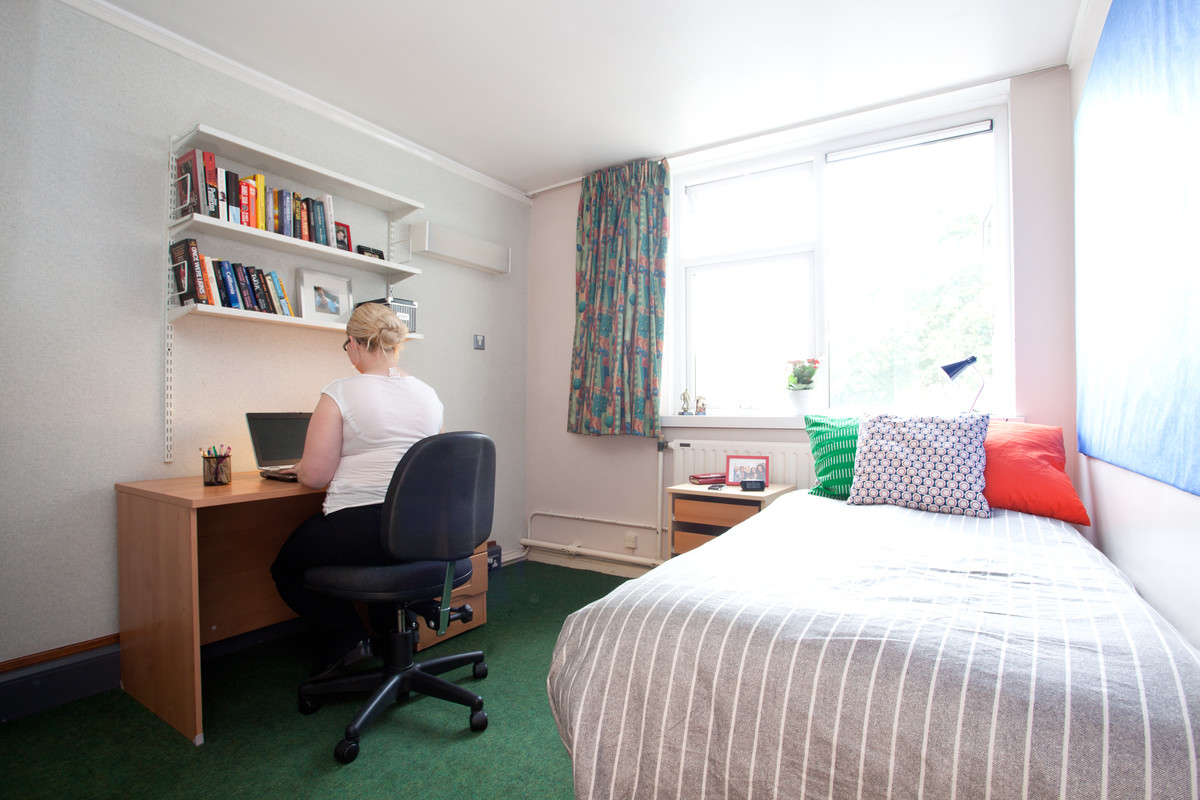Ever think, why do I feel so stressed so often? Ever wonder what you could do, to help yourself be calmer? We’ve come up with a list of ideas that offer you a “selection box” – choose the ones you fancy trying out!
- Sleep
Make sure you’re getting the amount you need. Enough sleep can help you feel confident and capable about the tasks in the day ahead. Too little sleep will leave you feeling physically and emotionally low from the minute you get up.
- Smile
Everyone needs a break from the seriousness of study now and then. It’s best if you can share a laugh with a friend or course-mate. If no-one’s around, watch a funny YouTube clip – limit yourself to 3 to benefit.
- Tidy
Mess in your room leads to stress in your mind. When your room’s tidy, your mind feels calmer. Take 15 minutes at the beginning or end of the day, to put stuff away, giving yourself a calm environment.
- Appreciate
Start a journal. In it, at the end of each day, write 3 things that have gone well.
- Eat
Avoid sugary and processed foods, which can increase symptoms of anxiety. Try to eat foods like eggs, oily fish, nuts, soya products, fortified milk and wholegrain cereals, that contain omega-3s, Vitamins B and D, especially important in autumn/winter to compensate for less sunshine.
- Breathe
Lengthening and strengthening the breath sends signals to your brain that it’s OK to relax. Slow your breathing by counting: in for 7, out for 11.
- Meditate
If you like the idea of meditating, look it up and give it a go. It’s now understood that meditation can regulate your stress and anxiety levels, and distance yourself from negative thoughts. Give your mind a break and experience the long-term effects.
- Unwind
What would you most like to be doing? Playing the guitar? Drawing? Playing football? Cooking? Swimming? Creative writing? Reading? Watching a film? Running? Something completely different? Give yourself permission to spend at least an hour a week with this as your focus.
- Disconnect
Noise and busy-ness easily lead to stress and anxiety. Starting with a length of time that feels manageable, maybe 5 minutes at first, find a slot each day when you turn off all electronics, ask friends not to disturb you, sit comfortably, and switch off from the world.
- Worry
Schedule a specific time every day to worry. Before you start this routine, decide what your post-worry activity will be. Make a promise to yourself that, for example, from 6:00 to 7:00 each evening, you’ll worry about everything that’s on your mind at the moment. Set an alarm, and ask a friend to text you when the time’s up.
- Plan
This is similar to being tidy. Develop habits that support you in being calm, e.g. pack your bag for the next day, the night before; put your keys in the same place each time you come home; back up the work you’ve done on the laptop before you close it down.
- Visualize
Imagine yourself easily managing a challenging situation. Picture yourself coming through it smiling and confident. “Guided visualisation” or “guided imagery” are techniques that can help reduce stress levels.
- Smell
This isn’t suggesting you don’t wash! Try buying some calming oils to scent your clothes or room. Basil, anise, and chamomile are great choices; they reduce tension in the body and help increase mental clarity.
- Socialise
Being with other people we get on with has a chemical impact on our brains, producing oxytocin, an anxiety-reducing hormone. So when you start feeling stressed or anxious, turn to others for a chat, or a walk round campus.
Some of these might just not feel right for you. Try to select at least 4 that you could build into your usual way of dealing with life.
If your levels of anxiety or stress don’t respond to these ideas soon enough, go and ask for medical or counselling help. Don’t suffer alone. The University’s Counselling & Wellbeing service is on the first floor of the Carrington building – room 106.





